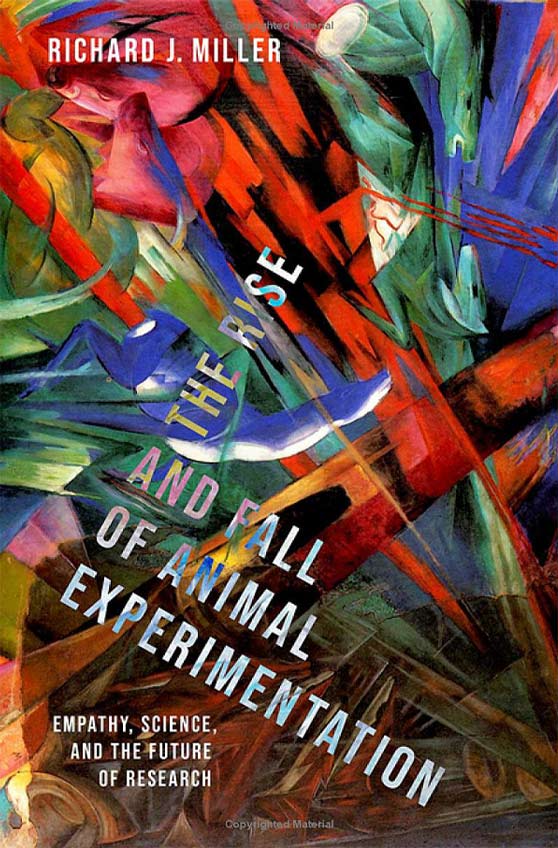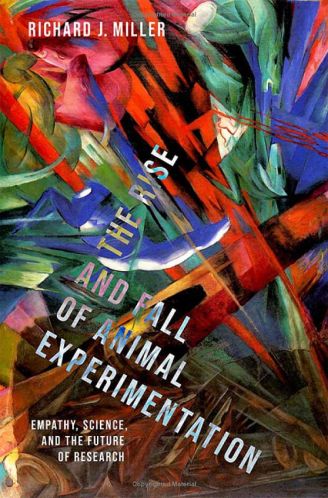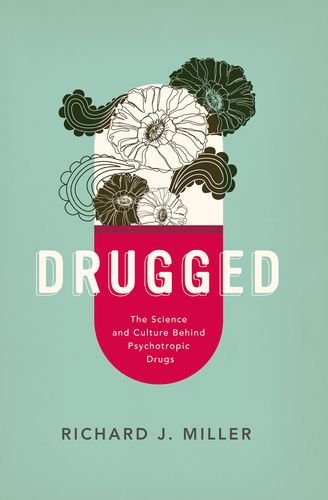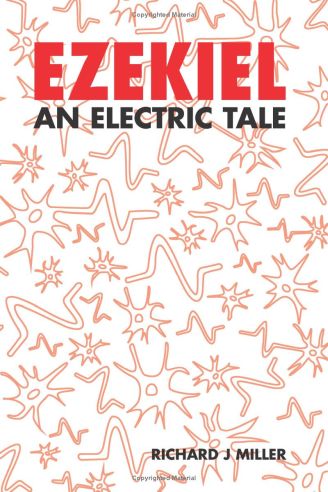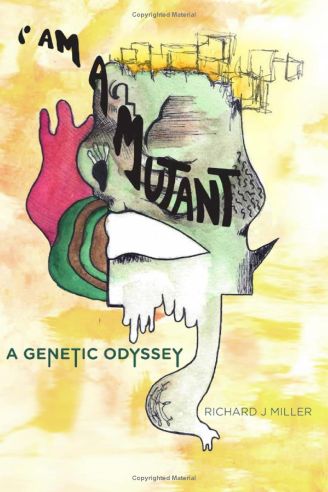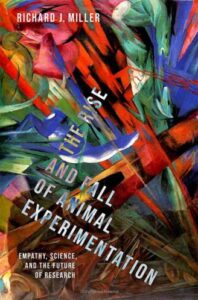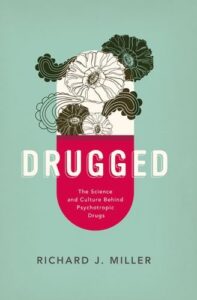Richard J.Miller | scientist / author


The Rise and Fall of Animal Experimentation: Empathy, Science, and the Future of Research
Biomedical research makes extensive use of animals even though it is frequently extremely cruel. The book examines the history of animal research, how it arose in antiquity and the history of the animal welfare movement that opposes animal research. The book asks several important questions about animal research including whether it is really effective in today’s world, whether it is ethical and whether it is necessary in the face of many current technological developments. The book discusses how modern research technologies such as human stem cell research is rapidly making animal research obsolete. ~~
Richard Joel Miller
Richard Joel Miller was born in Portman Square in London, England. He developed an interest in chemistry when his father gave him a chemistry set for his fifth birthday. Following an unfortunate series of events involving explosions in the family garage, his interests (much to his parents’ relief) shifted to the finer points of biochemistry, and a desire to use science to understand the workings of the brain. Richard obtained his PhD from Cambridge University and then joined the faculty of the University of Chicago in 1975. After 25 years, he transferred to the Department of Pharmacology at Northwestern’s Feinberg School of Medicine as the Alfred Newton Richards Professor of Pharmacology where he is an emeritus today.
Richard has published over five hundred scientific papers and four books in the areas of biochemistry, physiology, pharmacology, and neuroscience (see Google Scholars). Richard’s research has concentrated on trying to understand how drugs interact with the nervous system, as discussed in his first book “Drugged” (Oxford University Press, OUP).
In his latest book, “The Rise and Fall of Animal Experimentation” (OUP), Richard looks back over decades of research, examining the use of animals in science and exploring: Why do we do it? Is it successful, i.e. does it further translational medicine? Is it ethical? He also discusses the ever-increasing use and potential of human stem cells and related technologies in creating experimental models, making animal-based research ultimately obsolete.
Richard serves as a scientific advisor to the National Anti-Vivisection Society and on the advisory board of Concerned Citizens for Alternatives to Animal Research (CAARE). He lives in Hyde Park Chicago with his wife and two cats, Marvel and Oba. Richard loves animals, all the arts and sports (go Arsenal!).
Richard’s aim is to help make a kinder, less violent world.
For scientific papers, please:
books
The Rise and Fall of Animal Experimentation. Empathy, Science, and the Future of Research.
Biomedical research makes extensive use of animals even though it is frequently extremely cruel. The book examines the history of animal research, how it arose in antiquity and the history of the animal welfare movement that opposes animal research. The book asks several important questions about animal research including whether it is really effective in today’s world, whether it is ethical and whether it is necessary in the face of many current technological developments. The book discusses how modern research technologies such as human stem cell research is rapidly making animal research obsolete.
Learn from world-leading experts about the ethical concerns and limited benefits of primate research. Find out why these eminent experts oppose experiments on primates.
Drugged. The Science and Culture Behind Psychotropic Drugs
Psychotropic drugs have had an enormous influence on human culture for the entire course of human history. “Drugged” tells the story of all the major types of psychotropic drugs from the earliest times, including their roles in the history of religion and the arts as well as in medicine.
Ezekiel. An Electric Tale
A science fiction adventure which tells the story of a secret manuscript containing important esoteric information that is vital to the future of humanity and concerns the nature of biological electricity and its role as a life force.
I Am a Mutant. A Genetic Odyssey
Two weeks prior to entering the hospital for major heart surgery, the author read his own obituary published in his high school magazine. Undeterred, he went ahead with the operation and survived to tell the tale. In “I Am A Mutant”, the author describes how he discovered that he had inherited a potentially fatal heart disease, the history of his family, the science of genetics, and the implications of living with a genetic disease.
news
The Rise and Fall of Animal Experimentation
Learn from world-leading experts about the ethical concerns and limited benefits of primate research. Find out why these eminent experts oppose experiments on primates. animalfreescienceadvocacy.org.au
– Cambridge Centre for Animal Law Book Talk
– DePaul Animal Law Book Talk
– Book Review
(Social History of Medicine Journal)
– Interview with animal rights advocate Kim Stallwood
– Book Q & As with Deborah Kalb
– Animal Pharm is Closing its Doors
(OUP blog)
– Moving past animale experiments to understand human neurological disease (Open Access Government)
– Talking about Women’s History: Three Questions and An Answer with Richard Miller
Drugged. The Science and Culture Behind Psychotropic Drugs
– Ask a Medical Expert (about Psychotropic Drugs) Chicago Magazine
– Drugged: The Science and Culture Behind Psychotropic Drugs Lecture College of DuPage
– Drunk Moose and the Drive to Get Loose Naturebang 4, BBC Radio 4
